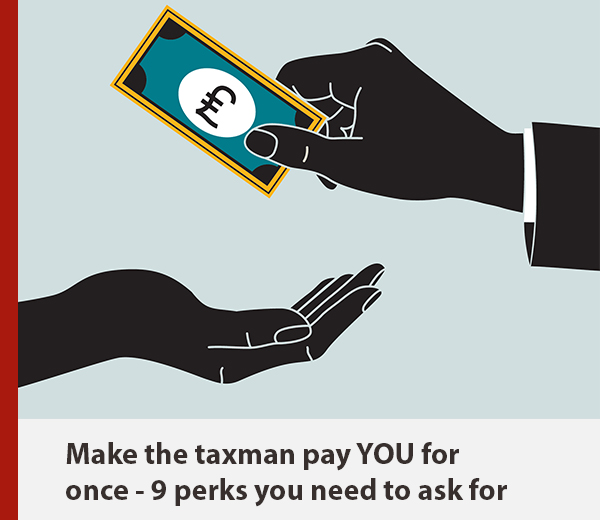Cost of living crisis: what extra help can I get?

Cash strapped households are struggling to cope with the cost of living crisis. Here's what help you may be eigible for.
The cost of living crisis shows little sign of abating. Inflation is remaining at elevated levels, despite the promises of the Government to halve it this year.
In fact, while the headline consumer prices index (CPI) rate of inflation for the 12 months to May was unmoved at 8.7%, core inflation ‒ which strips out the likes of energy and food bills ‒ actually rose to its highest rate in 31 years.
Given the pressure household bills are under, it makes sense to take advantage of every bit of help available with the cost of living.
Here we run through some of the big support measures in place at the moment, as well as what they may be worth to you.
Social broadband tariffs ‒ £200+
Social broadband tariffs are open to households on benefits, and can offer significant savings.
The deals tend to cost around £10 to £20 a month, and deliver superfast speeds.
There are other big benefits to consider, like the price not going up in the middle of the contract, and no exit fees.
However, awareness of the deals is really poor with only a tiny fraction of households eligible for the tariffs actually signed up to one.
Ofcom reckons that typical savings for eligible households are around £200 a year.
Social broadband tariffs: millions could save on internet costs
Separate to social broadband, it’s actually possible to get free broadband for six months with TalkTalk if you’re on benefits and don’t have an internet connection thanks to its partnership with the Department for Work & Pensions.
Those claiming Jobseeker’s Allowance or Universal Credit can apply through their local Jobcentre for a voucher to use with TalkTalk.
There’s no sneaky auto renewal as the deal ends after six months.
There are also discounted mobile phone deals on offer if you are receiving some form of Government help.
For example, Vodafone offers the ‘VOXI For Now’ social tariff which provides unlimited 5G data, calls and texts for £10 a month.
The social tariff is available for anyone on benefits including Jobseeker’s Allowance, Universal Credit and Employment and Support Allowance and lasts up to six months.
There are no credit checks or contracts, and this tariff can be paused or cancelled at any time.
Other providers that offer social mobile tariffs include Three, through its Smarty brand, and EE.
Cost of living payments ‒ £599
If you receive certain benefits, like Universal Credit or Jobseeker’s Allowance, then you are entitled to a series of payments from the Government to help with the cost of living.
There has already been one payment this year of £301, and there are two more still to come ‒ one of £300 and one of £299.
We don’t yet have dates for when these payments will be made ‒ all we know is that one is likely this autumn, followed by the second payment in spring 2024.
Disability cost of living payment ‒ £150
If you receive certain disability benefits, then you will be entitled to a separate cost of living payment.
It is worth £150 and will be paid automatically between 20 June and 4 July.
Eligibility is based on receiving benefits like the Attendance Allowance and Personal Independence Payment.
Energy bills ‒ £500
One of the biggest concerns for many of us in recent months has been the size of our energy bills.
The energy crisis has pushed up bills to levels that would have been simply unimaginable a couple of years ago ‒ the Government had to step in and launch the Energy Price Guarantee, because the energy price cap was on course to pass £4,000 a year.
The energy price guarantee remains in place, locking bills for typical use at around £2,500 a year.
However, from July the energy price cap will once again take over as the main limiter on energy bills, meaning that the cost for a household with typical usage would fall to £2,074.
That’s a drop of about £500 a year on average.
Boosted Winter Fuel payments ‒ up to £600
The Winter Fuel payment is paid each year to those born before 26 September 1956.
What’s more, it’s being topped up this year by between £150 and £300 in order to help meet the higher bills during this cost of living crisis.
As a result, eligible recipients could get as much as £600.
They will receive a letter in October or November outlining how much will be paid.
The Household Support Fund
The Household Support Fund is cash available to local councils to support people in their area.
It’s up to each local council to determine how to use the money they have allotted, so you’re at the mercy of a bit of a postcode lottery.
As a result, it’s worth checking in with your council to establish what help is available, and for whom.
Comments
Be the first to comment
Do you want to comment on this article? You need to be signed in for this feature
